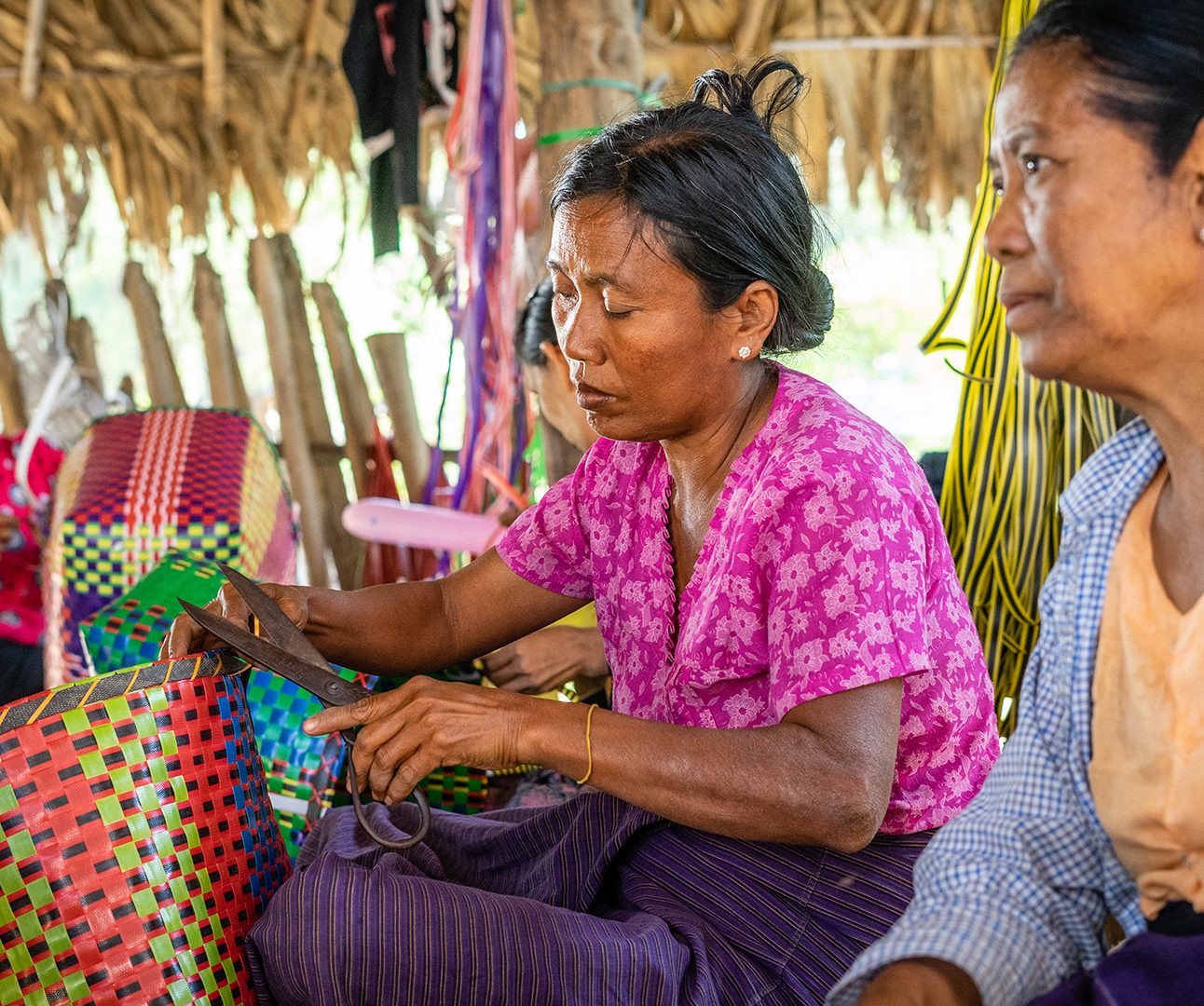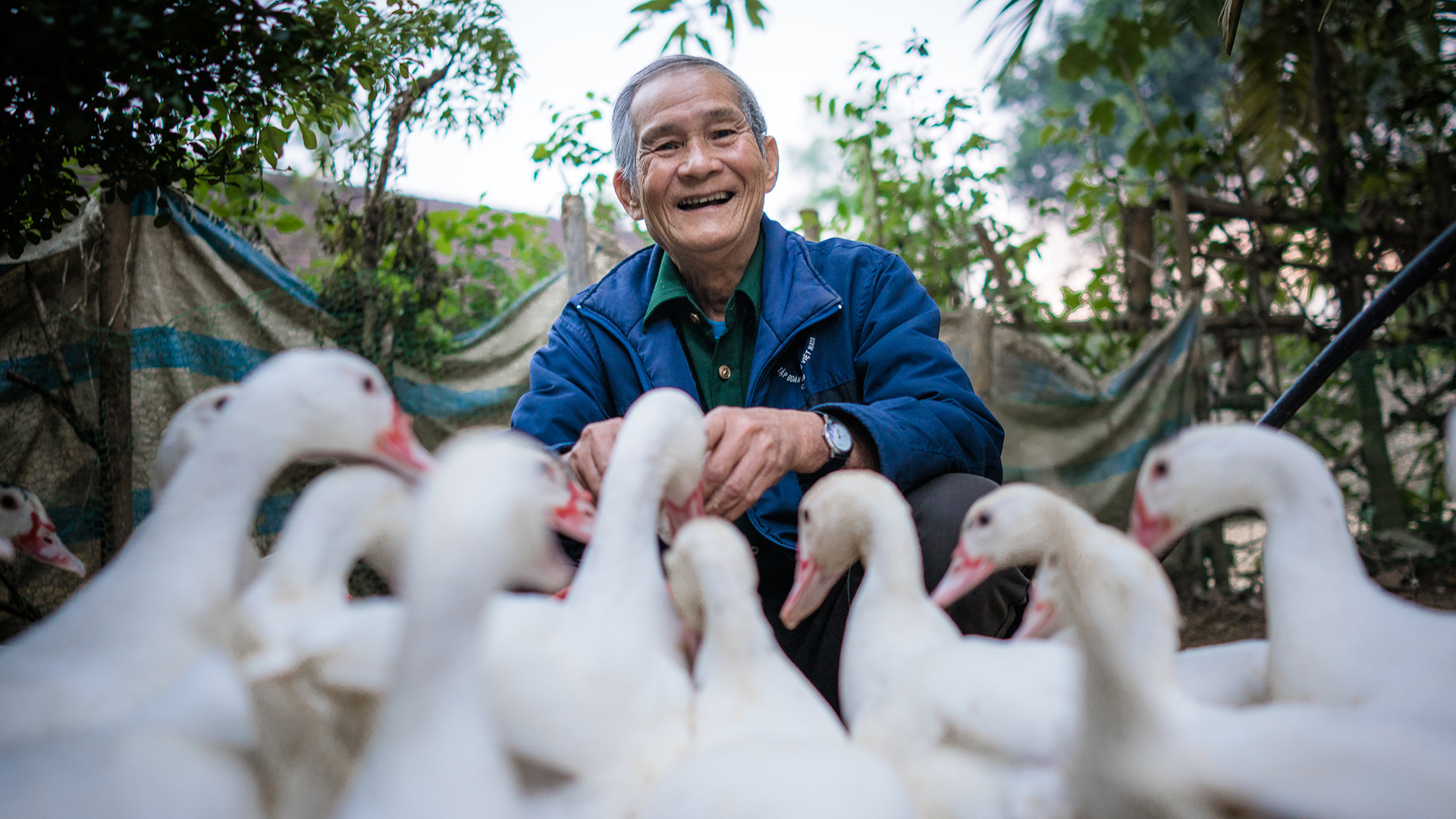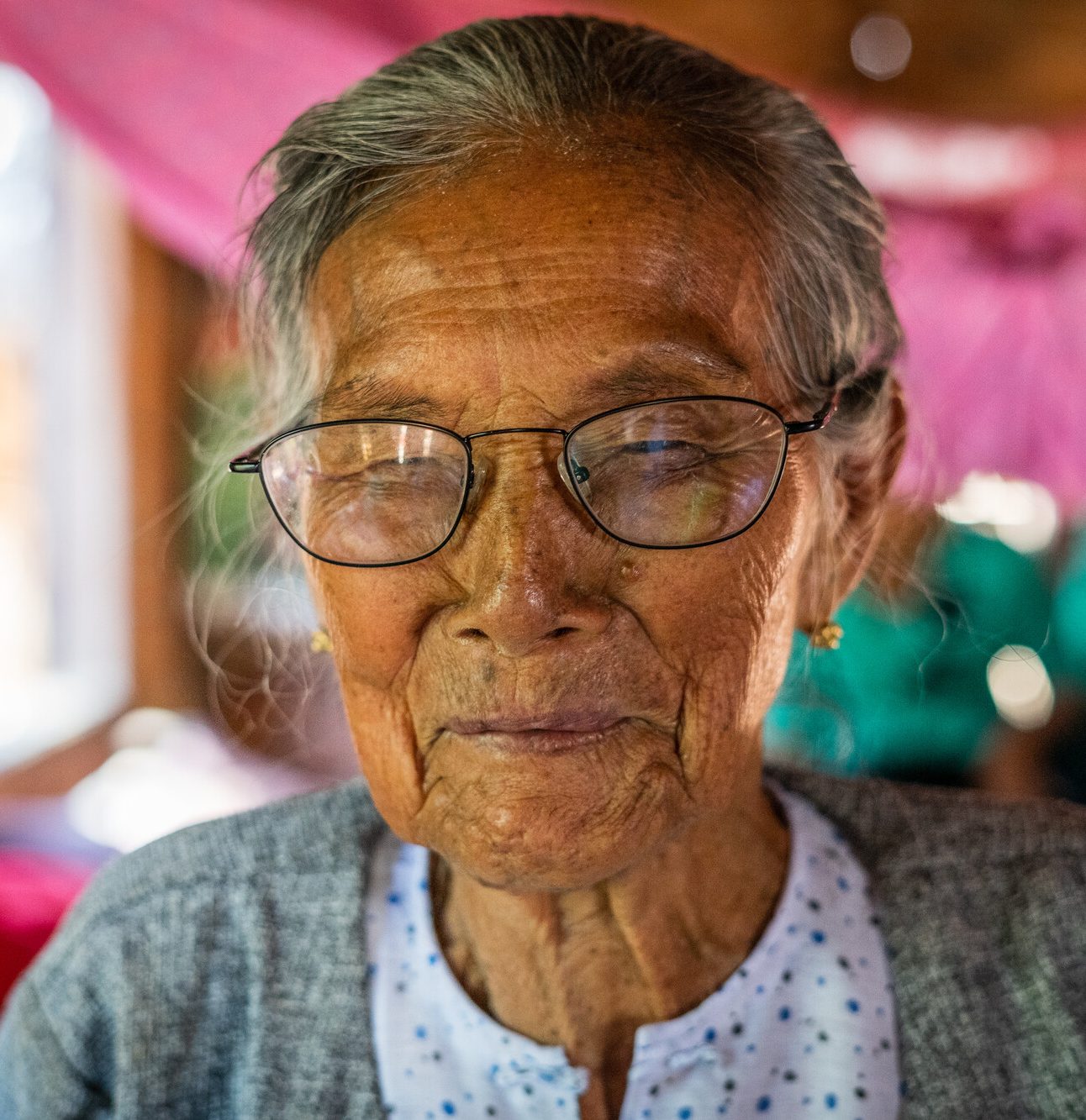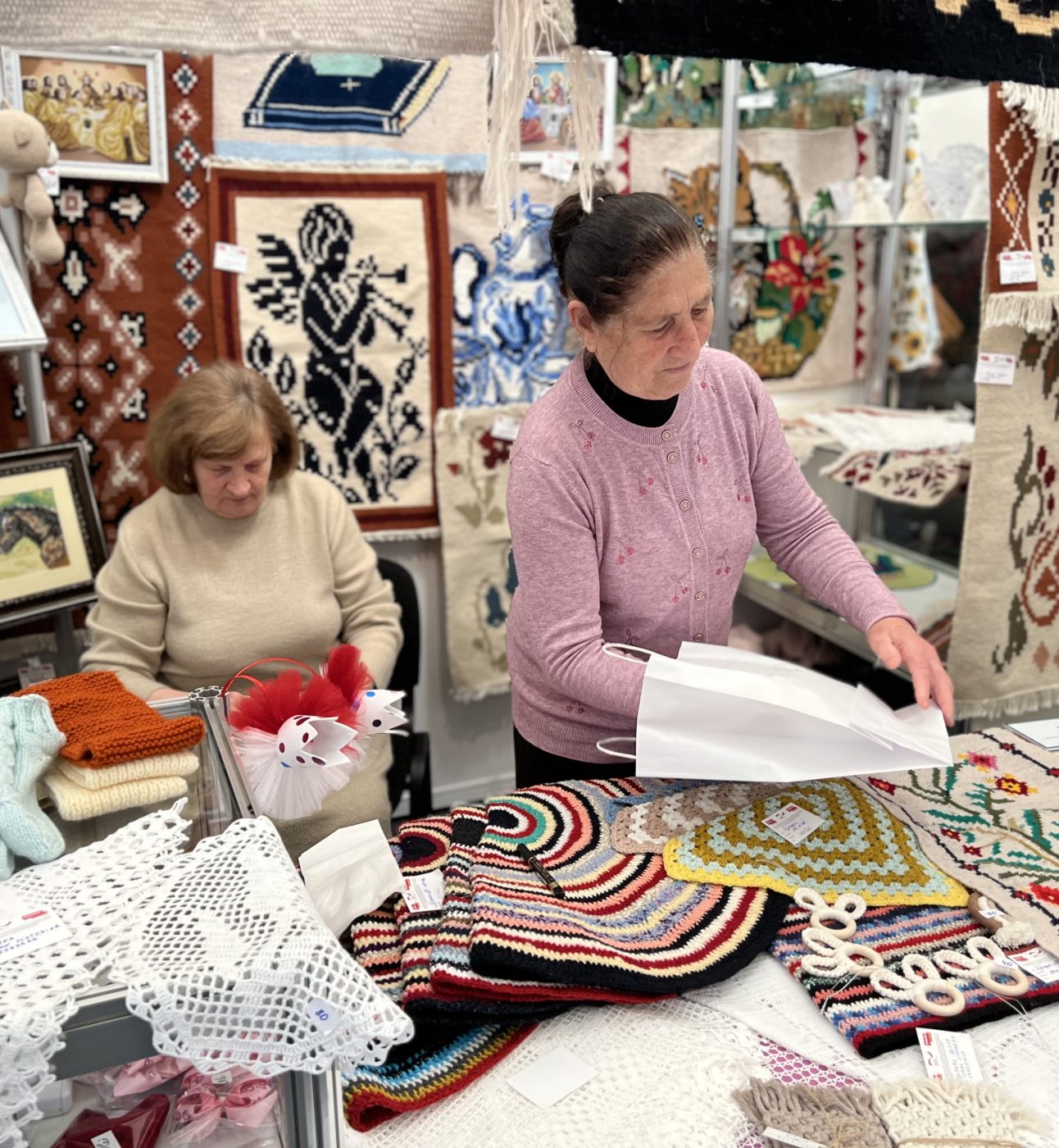A UN Convention on the rights of older people is crucial if we want to ensure that as we grow older, our rights and well-being are protected and respected.
As societies continue to age, we must address the unique challenges faced by older people.
Why do we need a UN Convention on the rights of older people?
A UN Convention on the rights of older people would:
- Provide a comprehensive framework to promote and safeguard their rights, covering areas such as healthcare, social protection, employment, and participation in decision-making processes
- Serve as a powerful tool in combating ageism, discrimination, and neglect, while fostering an inclusive and age-friendly society for all
- Address the pressing issue of elder abuse and neglect, which remains a global concern
- Establish clear guidelines and mechanisms for preventing, detecting, and addressing instances of abuse, whether physical, emotional, or financial
- Promote the importance of dignity, autonomy, and independence for older people, while ensuring that they have access to justice and support systems.
- Contribute to a shift in societal attitudes and practices by raising awareness and setting standards for the treatment of older people, ultimately fostering a culture of respect and care for our older population.
Towards a UN convention: how we’re making a difference
Every year we learn more about our rights in older age as they come under increasing focus at the UN. Efforts towards a UN convention will work if we all take part. Almost 400 organisations are already committed to working towards a UN convention as members of the
Global Alliance for the Rights of Older People (GAROP).
This work is securing the backing of an increasing number of governments: in 2019 Cameroon and Nigeria spoke out for the first time at the UN in support of a convention – as a result of the pressure put on them by older people and civil society.




